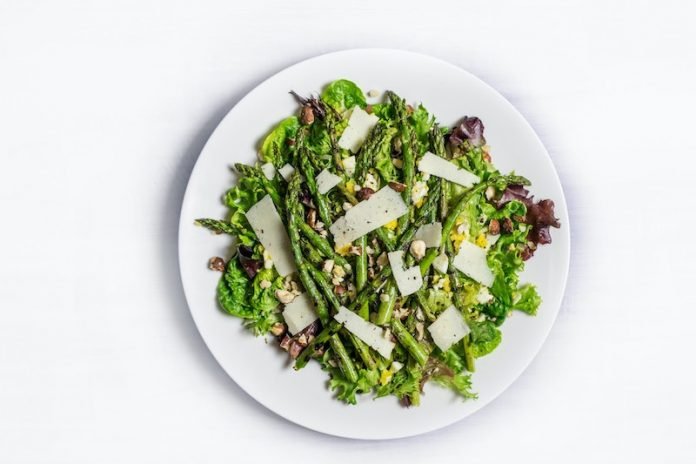
The supersized, high-fat, high-carbohydrate American diet isn’t gentle on the liver, and can result in non-alcoholic fatty liver disease, or NAFLD, which leads to inflammation or even organ failure from scarring over time.
Thirty percent of the American population has this buildup of fat in their liver cells, according to Lorraine Bonkowski, R.D., a dietitian in hepatology at Michigan Medicine.
“Of that group, 20% will develop inflammation that causes damage and scarring, referred to as non-alcoholic steatohepatitis, or NASH,” Bonkowski says.
“Twenty percent of those with inflammation will advance to irreversible organ damage.”
Unfortunately, NAFLD often goes undetected until organ damage has occurred. The symptoms, if there are any, can be easily downplayed.
A patient might have a dull ache or discomfort in the right abdomen or feel fatigued, Bonkowski says.
But even if they seek out a blood test, liver enzyme levels don’t always show as being elevated, which is a sign that the liver is sick.
The silent nature of the disease makes knowing risk factors even more important, like obesity, high cholesterol and type 2 diabetes or prediabetes.
Although there aren’t any medications to treat NAFLD, a good diet and regular exercise can reverse it.
Losing 10% of your current weight can dramatically decrease the amount of fat in the liver as well as reduce inflammation.
But what does a “good diet” mean? One common misconception about a fatty liver is that a low-fat diet will solve the problem.
According to Bonkowski, there are healthy and non-healthy fats and the healthy ones – such as those found in nuts, seeds and olive oil – can be welcome additions to a nutritious diet.
The key to reversing NAFLD is actually to eat less simple carbohydrates and other sugars.
“It takes a special attention to nutrition labels to find the hidden sugars found in foods like yogurt, granola bars, cereals, protein shakes, ketchup and salad dressing,” Bonkowski says.
She adds that women should limit added sugars to no more than 24 grams a day, or 6 teaspoons worth of sugar. For men, no more than 36 grams a day, or 9 teaspoons of sugar.
So, what should you eat?
Like for many others conditions, a Mediterranean diet full of whole grains, lean proteins, healthy fats and vegetables is the perfect remedy to fight NALFD, or prevent the development of risk factors.
Written by Jordyn Imhoff.



